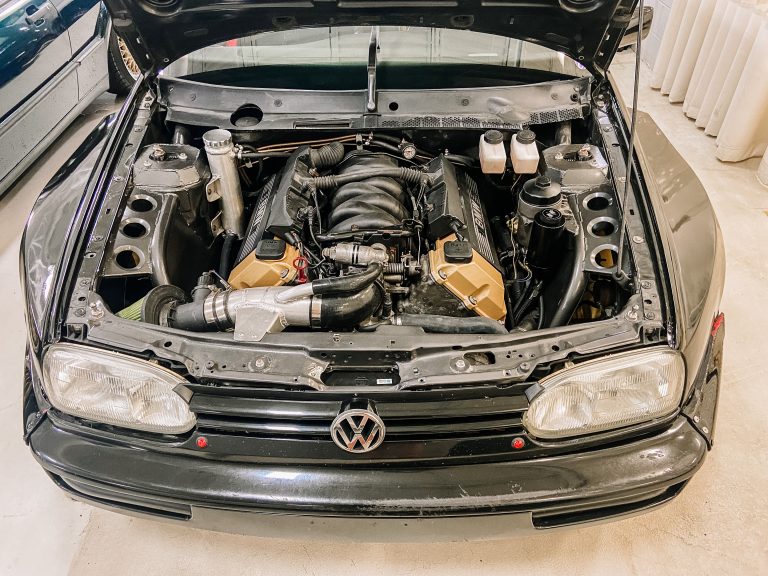BMW cars are known for their luxury, performance, and cutting-edge technology. However, like any other vehicle, BMWs require regular maintenance and sometimes repairs. In this BMW repair guide, we will cover some common issues that BMW owners may face and provide some tips for troubleshooting and repairing them.
1. Check Engine Light
One of the most common issues BMW owners face is the illuminated Check Engine Light. This can indicate a wide range of problems, from minor issues like a loose gas cap to more serious problems like a faulty oxygen sensor or catalytic converter.
- Inspect the gas cap to ensure it is tightened properly.
- Check for any visible signs of damage or wear on engine components and wiring.
- Use an OBD2 scanner to retrieve error codes and diagnose the problem more accurately.
- Replace the gas cap if it is damaged or not sealing properly.
- Replace faulty sensors or components as indicated by the error codes.
- If the Check Engine Light persists, consult a professional BMW technician for further diagnosis.
2. Braking System Issues
Another common problem faced by BMW owners is issues with the braking system. This can include brake noise, excessive brake dust, or a soft brake pedal.
- Inspect the brake pads and rotors for wear and damage.
- Check for any visible leaks in the brake system.
- Clean the brake components to reduce excessive brake dust.
- Replace worn brake pads and rotors.
- Repair any leaks in the brake system and replace damaged components.
- If the brake pedal still feels soft, bleeding the brake system may be necessary.
3. Electrical Issues
BMW cars are known for their advanced electrical systems, but electrical issues can still occur. Common electrical problems can include malfunctioning windows, faulty lights, or a dead battery.
- Check the fuses and relays for any signs of damage or wear.
- Inspect the battery for corrosion or a low charge.
- Test the electrical components using a multimeter to check for continuity.
- Replace any blown fuses or damaged relays.
- Clean the battery terminals and ensure a proper charge.
- Replace faulty electrical components as needed.
4. Overheating
BMW engines can sometimes experience overheating, which can be caused by a malfunctioning coolant system or a faulty thermostat.
- Check the coolant level and ensure it is at the appropriate level.
- Inspect the radiator, water pump, and hoses for leaks or damage.
- Test the thermostat for proper operation.
- Top up the coolant if necessary.
- Replace any leaking or damaged components.
- Replace the thermostat if it is faulty.

Credit: www.amazon.com
5. Suspension Issues
BMW cars are known for their sporty handling, but suspension issues can arise over time. This can include problems like worn-out bushings, noisy suspension components, or a bumpy ride.
- Inspect the suspension components for signs of wear or damage.
- Listen for any unusual noises when driving over bumps or uneven surfaces.
- Check the alignment and tire condition.
- Replace worn-out bushings, shocks, or struts.
- Lubricate suspension components as recommended by BMW.
- Have the wheels aligned and balanced to ensure proper handling.
While this BMW repair guide covers some common issues faced by BMW owners, it is important to note that these are general guidelines and may not apply to every BMW model and situation. If you are unsure or unable to diagnose and repair the problem yourself, it is always best to consult a professional BMW technician who has the knowledge and experience to properly diagnose and fix any issues.






